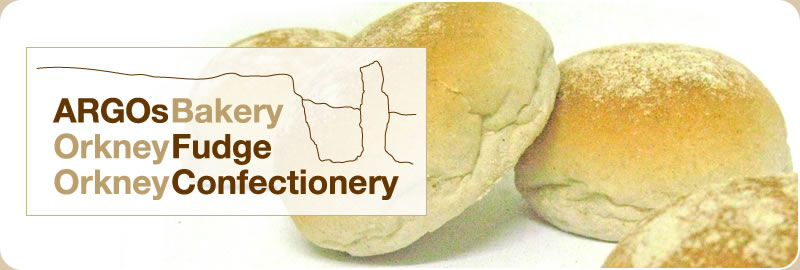Orkney Bere
The history of Bere in Orkney
Bere has been grown and ground into food since Stone age times and traces dating back to about 1500 BC have been found. Centuries ago this type of barley was called Bygg and this is still the name given to barley in Norway. Although we call the meal beremeal, the crop is usually called corn in Orkney. In the past it was the staple food stuff of most Orcadians in the form of bere bannocks and home brewed ale.
Generations of Orcadians have been raised on bere bannocks and when they were older (and perhaps not so much older) on the ale as well. The technology of milling in the Orkney Islands goes back to Neolithic times with saddle querns through to trough querns in the Bronze age and rotary querns in the Iron age.
All these querns use human effort for their power. The introduction of a water powered wheel and a geared drive system by the Norsemen followed later. This was a great innovation and greatly reduced the effort for grinding corn.
Producing Bere in Orkney . . .
The barley or corn is kiln dried at the Barony Mills using the Scrubs (husk) of the corn before it is milled into beremeal. This process not only dries the corn but also imparts some flavour into the finished meal. Bere has a distinct flavour of its own, some people find the meal an acquired taste so this is why in 1999 George Argo, Managing Director of Argo's Bakery, decided to look at new and innovative ways in which to use the traditional Beremeal (pronounced bear-meal) for new products.
Bere is a variety of barley, although it differs in both appearance and flavour from most commercially grown crops, the gourmet will easily tell the difference between bannocks or bread made from barley and that made from Bere.
Prior to the 20th century Bere was used by the whisky and beer industry, but owing to its higher protein and lower starch content compared to its modern equivalent it is no longer favoured. The farming industry also prefer the modern types of barley as the yield is approximately 30% greater than that of Bere.
At Argo's Bakery we only use Beremeal which has been grown and milled in Orkney, at the only remaining working mill, at Barony Mills, Birsay. There has been a mill on this site since 1873 but there are records of older mills in the vicinity going back much earlier than this.
Bere products made by Argo's Bakery . . .
To coincide with the 1999 Orkney Food Festival, Argo's Bakery launched a new bread, made using Orkney Beremeal and Canadian strong white flour which is regarded as one of the finest bread making flours in the world. The result of blending these two flours together gives the bread a golden crumb structure and a milder flavour to the beremeal which our customers like. We now make Beremeal loaves every day.
Following on from Beremeal bread we have now developed an Orkney Bere Biscuit which we have launched at the Orkney Food Festival 2000. This biscuit is made using Orkney Beremeal and Scottish white flour. Again by blending these flours together we have managed to retain the flavour of the Bere. There is no need to add colour to our biscuits as the natural colour from the Bere gives the biscuits a light colour of their own.
New bere products . . .
Our Orkney Bere Biscuit is a plain style of biscuit which is a great accompaniment to many locally produced specialities - Orkney Herring, Orkney Crab pate, Orkney farmhouse cheese or just with Orkney butter. The biscuits are packed in a 100g pack for freshness and convenience.
We hope to be exporting these biscuits by the end of 2000 but if you would like to place an order before this date then please e-mail, fax or phone us with your requirements and we will endeavour to meet your needs.

